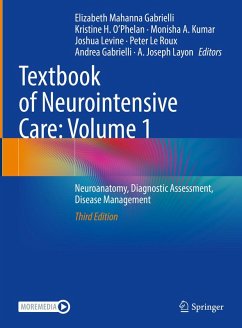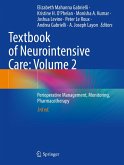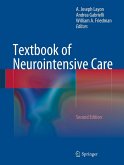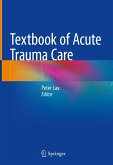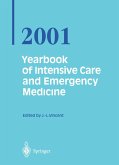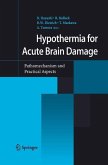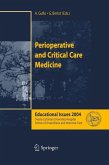This extensively updated edition provides a comprehensive review of intensive care for neurologically injured patients from the emergency room and ICU through the operating room and post-surgical period in two comprehensive volumes. The Editors of this first volume present a comprehensive textbook that incorporates best practice/evidence-based medicine and performance improvement, while it champions the three characteristics needed in our neuro-ICUs: patient and family centered high-quality care, education, and discovery. This volume concentrates on neuroanatomy, diagnostic assessment and disease management, examining the neurological problems most frequently seen in intensive care, and describes the various types of neurosurgery and critical features of the management of patients. General issues are discussed across the textbook, such as cardiac care, fluids and electrolytes, nutrition, and monitoring as well as more specific conditions and complications including elevated intracranial pressure, seizures, and altered mental states.
Listening to an injured brain is not easy. It takes knowledge, dedication, and understanding of the critically ill patient and their family. Textbook of Neurointensive Care Volume 1: Neuroanatomy, Diagnostic Assessment, Disease Management provides the reader with a detailed resource for studying this most complex area of medicine. It is thus essential reading for all trainees and professionals in critical care, neurosurgery, anesthesia and neurology.
Dieser Download kann aus rechtlichen Gründen nur mit Rechnungsadresse in A, B, BG, CY, CZ, D, DK, EW, E, FIN, F, GR, HR, H, IRL, I, LT, L, LR, M, NL, PL, P, R, S, SLO, SK ausgeliefert werden.

